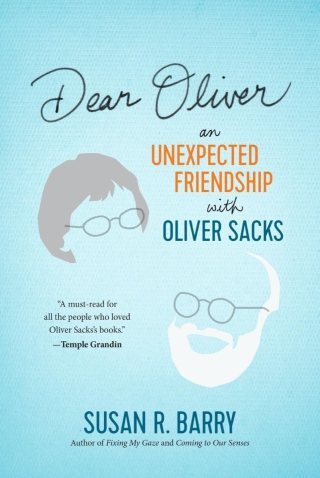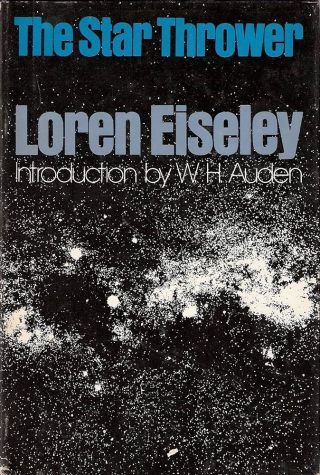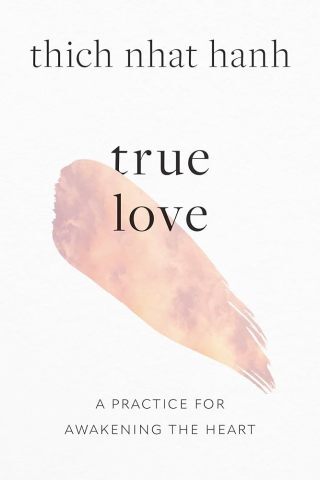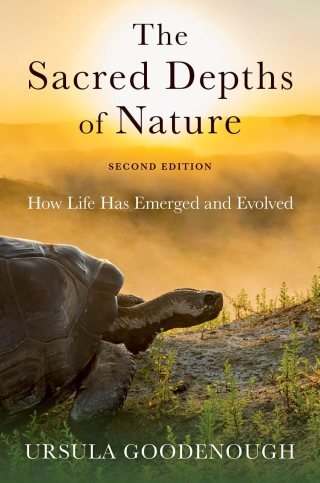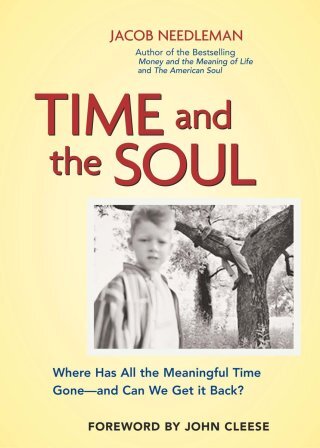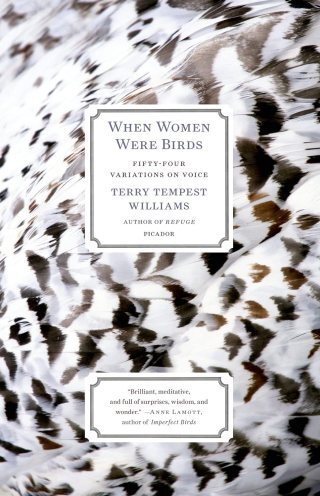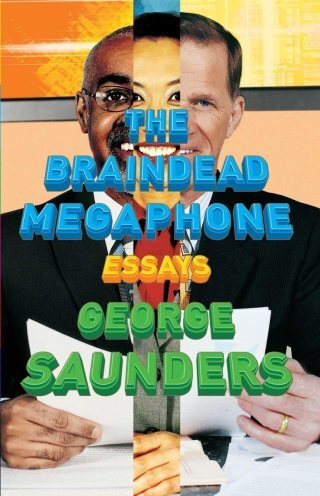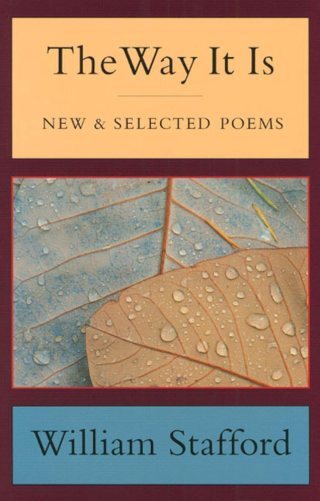Maria Popova's Blog, page 28
February 7, 2024
The Art of Allowing Change: Neurobiologist Susan R. Barry’s Moving Correspondence with Oliver Sacks about the Blessed Overwhelm of Transformation
There is a thought experiment known as Mary’s Room, brilliant and haunting, about the abyss between felt experience and our mental models of it, about the nature of knowledge, the mystery of consciousness, and the irreducibility of aliveness: Living in a black-and-white chamber, Mary the scientist studies how nature works — from the physics of light to the biology of the eye — but when she exits her monochrome room and encounters color, she experiences something far beyond her knowledge of what ...
February 3, 2024
The Warblers and the Wonder of Being: Loren Eiseley on Contacting the Miraculous
Every once in a while, the curtain of the ordinary parts and we touch the miraculous — the sense that there is another world not beyond this one but within it, a mirror-world any glimpse of which returns our own more luminous and full of wonder.
This can never be willed, but one can be willing for it — a willi...
Thich Nhat Hanh on True Love and the Five Rivers of Self-Knowledge
“For one human being to love another: that is perhaps the most difficult of all our tasks… the work for which all other work is but preparation,” Rilke wrote to his young correspondent.
The great difficulty of loving arises from the great difficulty of bridging the abyss between one consciousness and another in order to understand each other, to map the inner landscape of another’s territory of trust and vulnerability, to teach each other how what we need of love.
“Understanding and loving are...
February 1, 2024
Between the Infinite and the Infinitesimal: A Scientist’s Search for the Fulcrum of Faith
If we awoke each day remembering that we are the product of 13.8 billion years of chance events, subatomic subtleties, and violent cosmic collisions beyond our control, beyond our complete understanding, beyond the time horizon of consciousness itself, we might orient differently to our days. We might begin to relinquish the central or...
January 30, 2024
Time and the Soul: Philosopher Jacob Needleman on Our Search for Meaning
“The eternal problem of the human being is how to structure his waking hours,” the psychiatrist Eric Berne observed in his uncommonly insightful model of human relationships a generation after Borges insisted that time is the substance we are...
January 28, 2024
How to Make a World: A Poem
Like mathematics, the truest metaphors are not invented but discovered. In fact, they hardly feel like metaphors — they feel like equations equating something previously unseen with something familiar in order to see more deeply into the nature of reality.
One morning out on a run while traveling for a poetry workshop, I stopped mid-stride at the sight of a tiny tree shooting up from the center of a trunk twice as wide as me — a regenerative growth known as coppicing. I must have walked past doz...
January 26, 2024
The Bird in the Heart: Terry Tempest Williams on the Paradox of Transformation and How to Live with Uncertainty
It is strange how, in a universe governed by relentless change, human beings hunger for constancy — our bodies wired for homeostasis, our minds hooked on habit, our hearts yearning for everlasting love. We live as patterns unaware of perpetuating themselves, our aching resistance to change reflected in the routines and rituals and relationship formulae out of which we b...
January 24, 2024
War, Peace, and Our Possible Futures: George Saunders on Storytelling the World’s Fate and the Antidote to Media Manipulation
“All the goodness and the heroisms will rise up again, then be cut down again and rise up,” John Steinbeck wrote to his best friend at the peak of WWII. “It isn’t that the evil thing wins — it never will — but that it doesn’t die.”
This is a story many believe to be true — a story about human nature, written into the scripture of original sin, ensuring that we will go on perpetrating ...
War, Peace, and Possible Futures: George Saunders on Storytelling the World’s Fate and the Antidote to Media Manipulation
“All the goodness and the heroisms will rise up again, then be cut down again and rise up,” John Steinbeck wrote to his best friend at the peak of WWII. “It isn’t that the evil thing wins — it never will — but that it doesn’t die.”
This is a story many believe to be true — a story about human nature, written into the scripture of original sin, ensuring that we will go on perpetrating ...
January 21, 2024
Yes: William Stafford’s Poetic Calibration of Perspective
When a recent bout of illness sent me sulking with indignant disappointment at the ruin of long laid plans, I had to remind myself that we were never promised any of this; that it is hubris and self-importance and almost touching delusion to expect an indifferent cosmos to bend to our will, our wishes, and our plans; that meeting the universe on its own terms is the end of suffering.
Through the haze of what Virginia Woolf called the “wastes and deserts of the sou...

